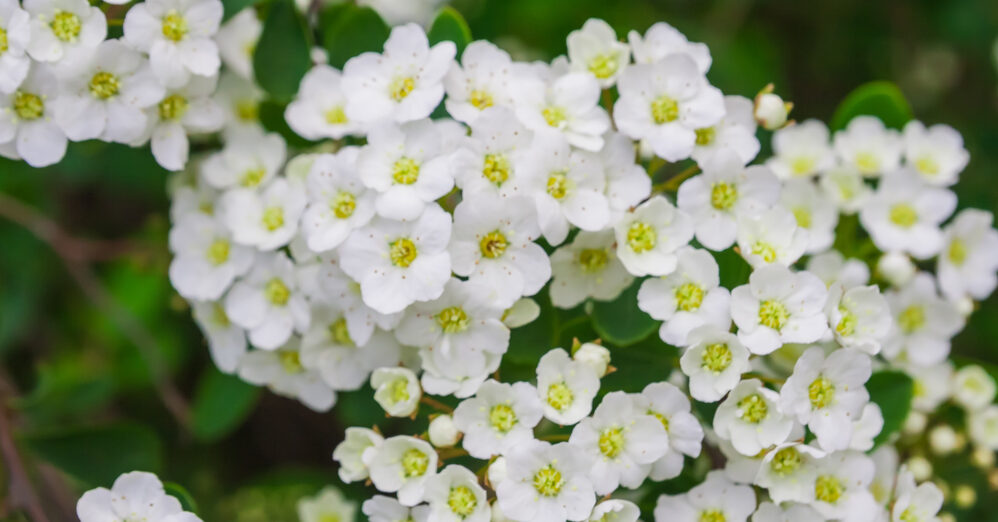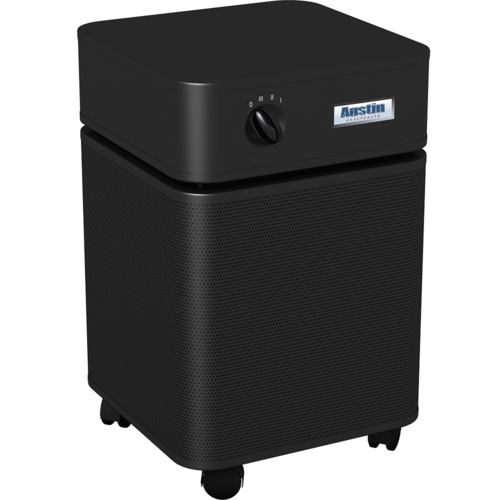Seasonal Allergies

Symptoms, Prevention & Relief of Seasonal Allergies
By Dr. Kristie
Allergy season is around the corner. For many people, that means sneezing and itchy eyes. But you don't have to spend the next few months sneezing and sniffling. There are several things you can do to get ahead of your seasonal allergies and reduce their impact on your life.
Seasonal Allergy Symptoms
Your immune system can react when allergens are detected in the air like producing a lot of Mucus as a defense, other reactions might be:
- Coughing or Dry Cough
- Headaches, Dizziness & Fatigue
- Nasal Congestion & Runny Nose
- Plugged & Itchy Ears
- Skin Irritations & Rashes
- Sneezing
- Sore & Scratchy Throat
- Watery, Itchy & Burning Eyes
Seasonal Allergy Prevention
After a winter of being cooped up inside, you're probably ready to let some fresh air in through open windows and sweep away the dust that has accumulated over the colder months. But if your home is full of allergens, you might trigger your allergies with every swipe of a cleaning rag. Here are some tips for minimizing allergens in your home.
When it's time to spring clean, use a vacuum with a HEPA filter. Vacuuming can stir up more allergens than it removes if your vacuum isn't equipped with this type of high-efficiency filter, which captures 99 percent of particles and pollutants down to 0.3 microns in size.
If your vacuum doesn't have one, consider investing in an air purifier for your home or adding a whole-house air cleaner to your HVAC system.
Here are some tips for each room:
Bedroom
- Wash bedding weekly in hot water (130 degrees Fahrenheit) to kill dust mites, which cause sneezing and congestion.
- Add bedding protectors to keep dust mites out of pillows and mattresses.
- Replace carpeting with hardwood or laminate flooring.
Kitchen
- Keep cooking surfaces clean.
- Store food properly in sealed containers.
- Use exhaust fans while cooking and refrigerate leftovers shortly after meals.
Bathroom
- Use non-toxic cleaners such as vinegar, baking soda, and hydrogen peroxide (instead of bleach)
- Replace moldy shower curtains regularly; run the exhaust fan while showering or bathing.
More home & office tips:
- Keep windows and doors closed when you can. Keep the vents closed in your car, too.
- Keep an eye on HVAC air filters at home; change them every month during allergy season. The same goes for the filter in your car.
- Use a dehumidifier or air conditioner to dry up breeding grounds for dust mites. Just make sure you use a high-efficiency HEPA filter if you're getting an air purifier.
- HEPA filters are also great for vacuum cleaners -- especially if you have carpets -- because they prevent allergens from getting into the air through vacuuming.
Allergies and the Outdoors
If you love exercising outdoors, there's no reason to stop just because of your allergies. There are a few things you can do to make it easier.
To get the full benefits of exercise and avoid an allergic reaction, work out when pollen counts are low (usually early morning). In addition, medicate before you go out: take your antihistamine or apply nasal spray so that it has time to take effect and minimize symptoms.
Also, remember that allergy symptoms might affect your workouts. If you have asthma, exercise may trigger an asthma attack. To prevent this from happening and reduce the risk of lung damage, always carry an inhaler with you while working out outside and use it as needed.
Change clothes when you come inside. Pollen and other allergens can collect on your skin and hair, so change out of the clothes you wore outside when you get home and wash them right away.
Rinse off in the shower and wash your face with soap and water before going to bed at night, too. This will help remove pollen from your skin and hair, so it won't get on your pillow and irritate you when you sleep at night.
Clean Up Your Yard Too
Clean up your yard. Allergenic pollens, mold spores, and other allergens can be found in your yard, waiting to cause a reaction. Keep the grass cut low and rake up leaves from the ground. Plant low-allergen plants like purple coneflower and daylilies around the house.
Get rid of weeds that may be allergy triggers for you, such as dandelions and ragweed. Rake up old leaves or grass on the ground to prevent mold growth.
The best time to mow the lawn is in the evening or early morning -- when there is less pollen in the air. Also, wear a mask when you do yard work, mowing the lawn, raking leaves, gardening, etc. It will help keep pollen out of your nose and mouth during these springtime chores. An N95 respirator mask can block most pollen particles.
Seasonal Allergy Relief
The best defense is a good offense. Assemble an allergy first aid kit, so you can quickly treat symptoms as they arise. The following items should be included:
- antihistamine
- nasal spray
- eye drops
- antibacterial wipes
- straws (to prevent any postnasal drip from dripping into the cup)
- tissues
- cough drops
- and cough syrup.
If possible, choose natural varieties of these products instead of chemical-laden varieties. For example, choose menthol-based cough drops over syrup that contains dextromethorphan (which has been known to cause allergic reactions).
Include a small bottle of hand sanitizer in your kit to kill pollen and other allergens throughout the day -- this is especially important if you work with children or animals who could drag it into your home on their clothes.
Follow Pollen Reports
Look up a local weather service on your cell phone and look up its pollen report each day. You'll get an idea of where you can expect high levels of pollens and which plants are likely to be at their peak in that area and at that time. This will allow you to plan your activities to reduce exposure to pollen. If pollen levels are sky high, you might want to exercise indoors instead.
Conclusion
Ultimately, allergy season can be a nuisance for many people. However, if you are aware of the upcoming issues and take proactive steps to deal with them, your spring/summer will be much less stressful -- not to mention more enjoyable.
Resources:
- "Seasonal Allergies at a Glance - NCCIH." 27 Mar. 2022, nccih.nih.gov/health/seasonal-allergies-at-a-glance.
- "Researchers studying ways to ease asthma symptoms caused ...." 22 Mar. 2022, sciencedaily.com/releases/2022/03/220321132208.htm.
About the Author
She is a Medical Doctor with a concentration in Family Practice. She also has an undergraduate degree in both Biology and Psychology and masters in Clinical Pathology.
 Disclaimer: Articles not intended to Diagnose, Treat, Cure or Prevent Diseases.
Disclaimer: Articles not intended to Diagnose, Treat, Cure or Prevent Diseases.
Issues | Conditions | Products | Testing



